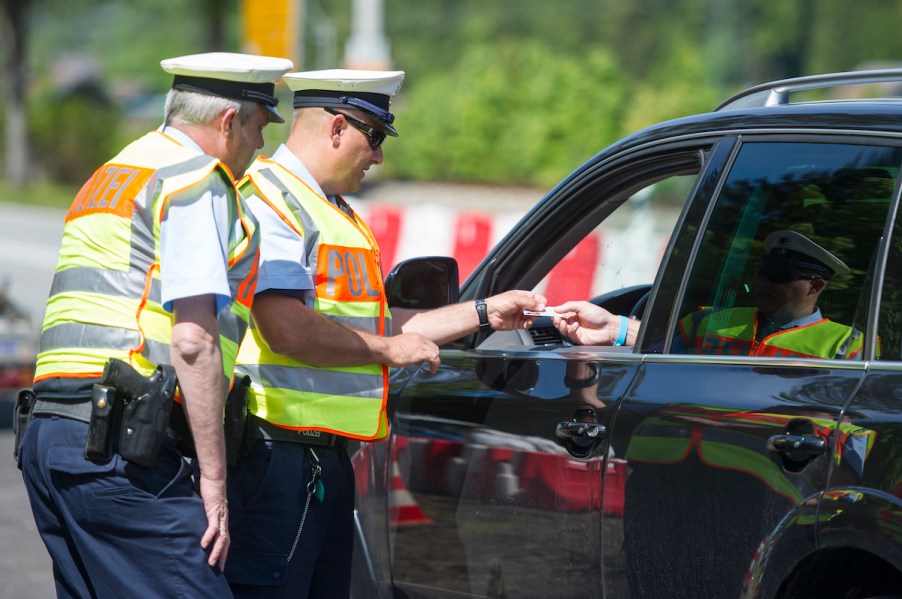
How Do Police Know You Don’t Have Insurance?
A car is an expensive investment subjected to various risks daily. Obtaining insurance helps you protect this valuable investment. Insurance is also a legal requirement, and law enforcement has devised ways to catch uninsured drivers.
Contrary to common rumors, car insurance doesn’t always increase with the cost of the car. Several factors determine your rate. If you don’t have insurance, it is advisable to get one to be on the safe side.
What do you miss out on when you don’t have insurance?

Accidents are unfortunate events that occur unexpectedly, resulting in damage or injury. They can range from events involving third parties, such as collisions, to simple occurrences like hitting a deer.
Car insurance protects you from unplanned expenses resulting from these accidents. By paying a monthly premium, you get to be cushioned against unplanned costs such as repairs, medical expenses, and legal fees, among others, as stated in your policy. Third-party insurance can especially come in handy when you are at fault for causing the accident and have to compensate the third parties involved.
Other than accidents, car insurance can also protect you against theft. Provided you have comprehensive coverage, the insurance company will compensate you for the vehicle’s actual value (ACV), less the deductible. While the ACV might not always reflect the amount you bought the car for, it represents your car’s value at the time of the theft. A comprehensive policy also covers damages resulting from acts of God and vandalism.
Car insurance protects you against costs you would cover out of pocket if you didn’t have it. By doing so, insurance gives you peace of mind, allowing you to go about your life with minimal disruptions.
How do police know?
Legal provisions enable the police to catch uninsured drivers. You are legally mandated to carry proof of insurance when driving; this may be in the form of a physical card or digital proof, such as a photo of the card on your phone. The police can ask for proof of insurance during a pullover. Driving without it can leave you liable to penalties in most states.
An easier way for police to know is through license plate scanning, which involves manual entry scanning or constant camera scanning. Manual entry systems require the police to input the digits of your license plate number. In contrast, the camera scanning systems automatically capture license plate information, the location, time, and date of the scan.
These Automated Plate Readers are usually cameras mounted on police squad cars, overpasses, bridges, and busy road sections. The license plate numbers captured are then run against the insurance database to determine your status.
It is unlawful to drive without insurance, exposing you to potential consequences.
What could happen if you don’t have insurance?
According to Access Insurance, the average fine for uninsured driving ranges from $500- $1,000 plus either jail time or license and registration suspension. You also risk paying higher insurance premiums when you finally apply for coverage. This is because companies deem drivers who have been previously uninsured to be risky.
It also goes without saying that without insurance, you will have to cover all costs resulting from the accident with your own money. These could include costs in repairing or replacing your car, paying for medical expenses, and compensating any third parties involved. Not only is this costly, but it is also disruptive and energy-sapping as you have to deal with the third parties by yourself.


